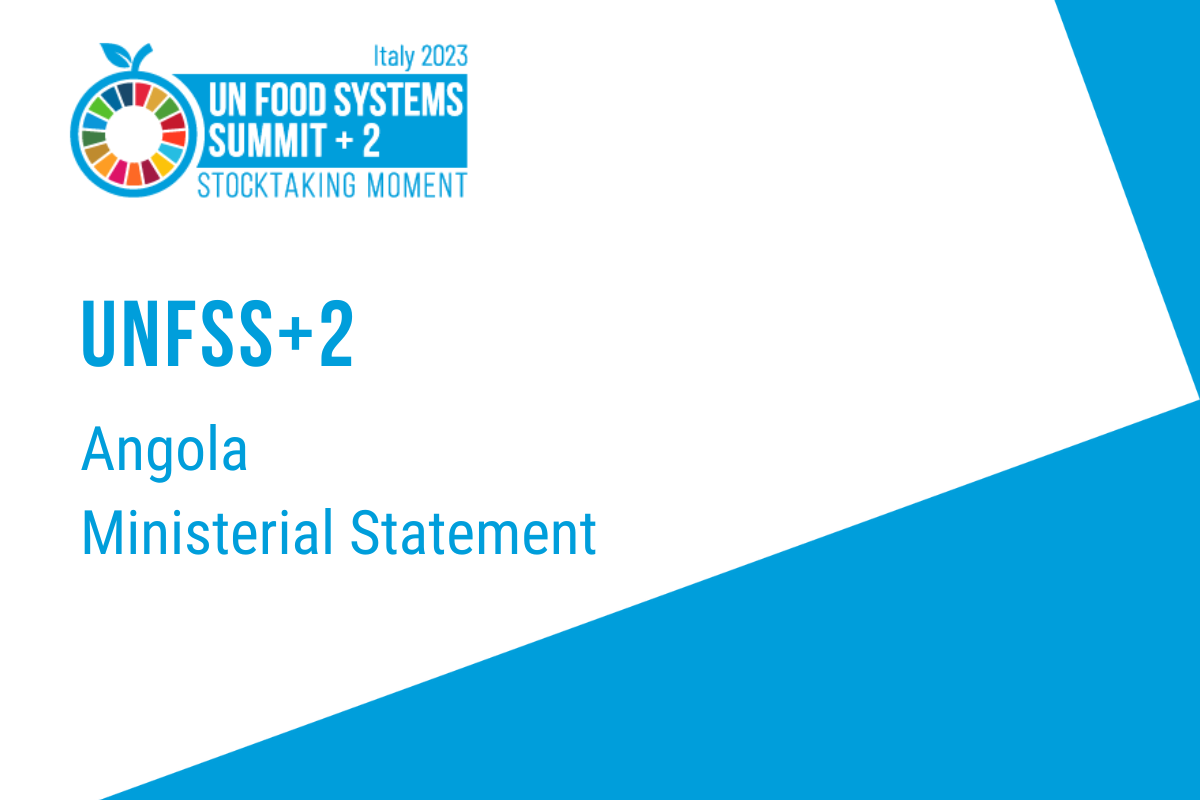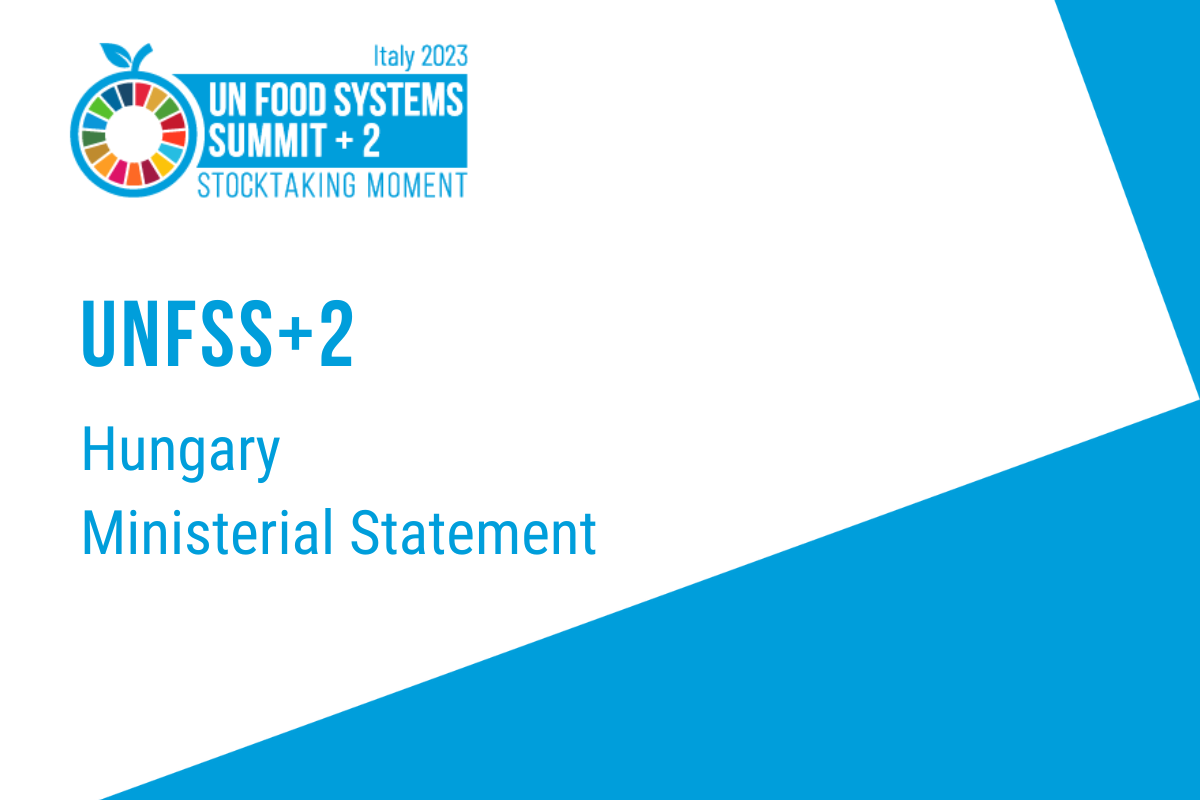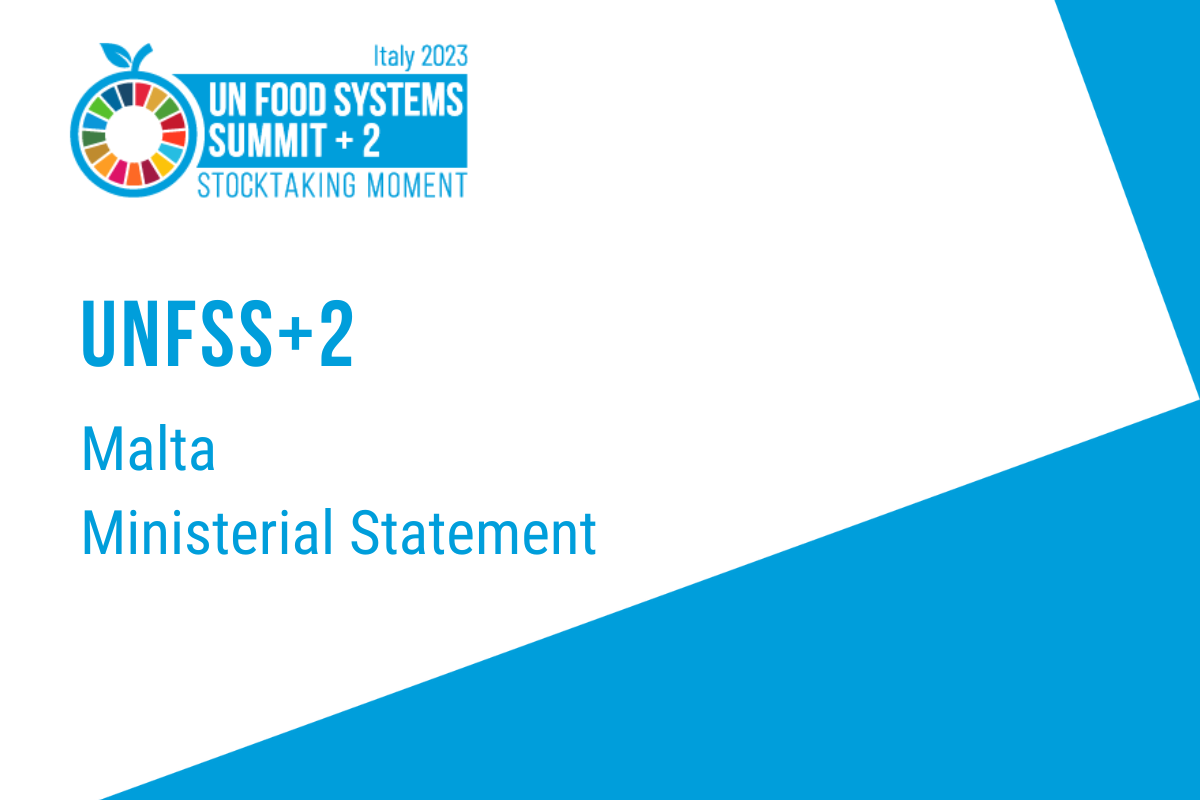
Food Systems Transformation in Practice - Successes, Challenges and the Way Forward
Tuesday, 25th July, 09:30-12:30
Food Systems Transformation in Practice - Successes, Challenges and the Way Forward will be an opportunity to share agrifood systems transformation experiences; identify best practices and showcase successes that can be replicated across countries and regions; address transformation challenges and persistent bottlenecks that can disrupt progress; and discuss the way forward for how the food systems approach can be applied at national and sub-national levels in response to complex agrifood systems problems and support the achievement of the 2030 Agenda and the Sustainable Development Goals.
Achieving the SDGs is only be possible if we transform our agrifood systems. Between 702 and 828 million people were affected by hunger in 2021, with projections indicating that nearly 670 million people will still be facing hunger in 2030. Almost 3.1 billion people could not afford a healthy diet in 2020. Modern agrifood systems are contributing to rising inequality, have become the primary driver of biodiversity loss, and are responsible for 1/3 of global anthropogenic GHG emissions. Adopting a food systems approach is necessary to address multiple challenges simultaneously and accelerate the transformation to sustainable agrifood systems
The session will focus on the following questions.
- What food systems transformation successes have occurred since the Food Systems Summit 2021 and how can these be scaled up and shared?
- What are the food systems transformation challenges and bottlenecks that are disrupting progress and how can be these be overcome to accelerate transformation to sustainable food systems?
- How will food systems transform in the next two years to the 2025 Stocktaking Moment and what will be needed to support this transformation?
The discussion will promote food systems transformation at scale through the implementation of national pathways, or equivalent processes, by demonstrating how the food systems approach is being implemented in a context-sensitive way in response to complex food systems problems; showcasing the transformation successes that are emerging as a result of adopting a food systems approach; addressing the persisted challenges and bottlenecks that disrupt progress; and identifying the key milestones for the successful transformation of local, national, regional and global food systems towards the 2025 Stocktaking Moment.
Ministerial Statements
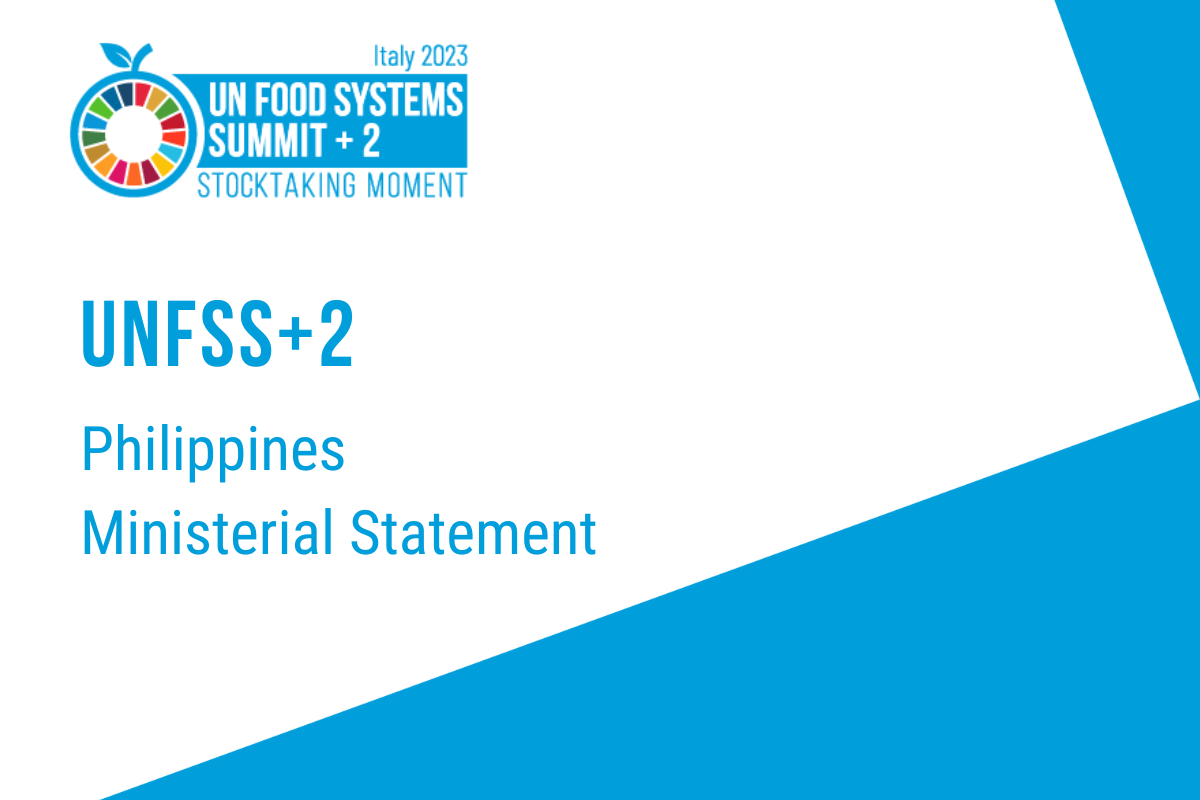
Philippines
UNFSS+2 Ministerial Statement
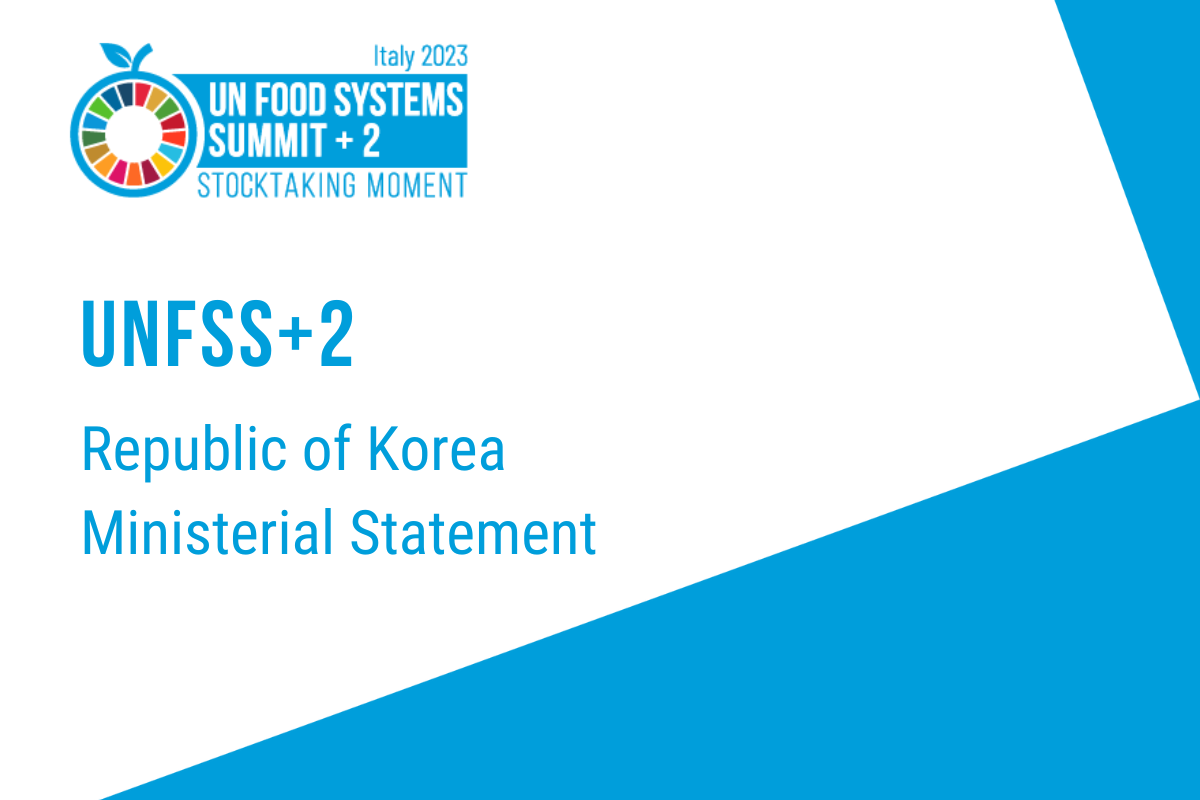
Republic of Korea
UNFSS+2 Ministerial Statement
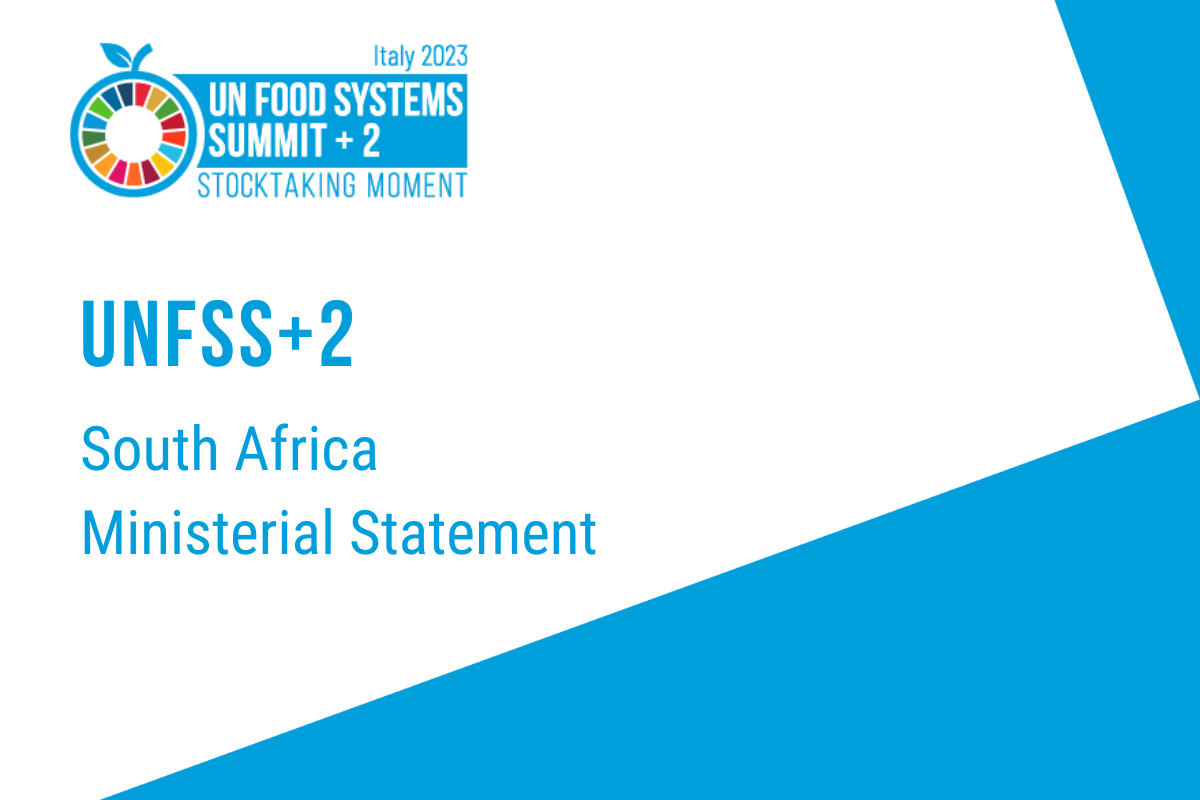
South Africa
UNFSS+2 Ministerial Statement
Speakers
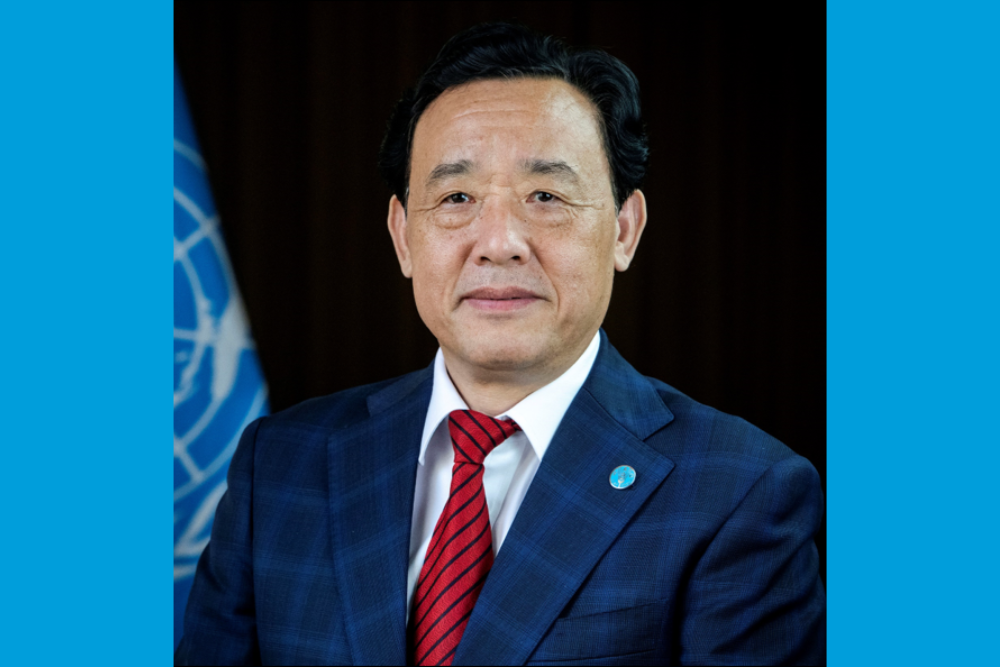
Mr. Qu Dongyu
Director-General of FAO
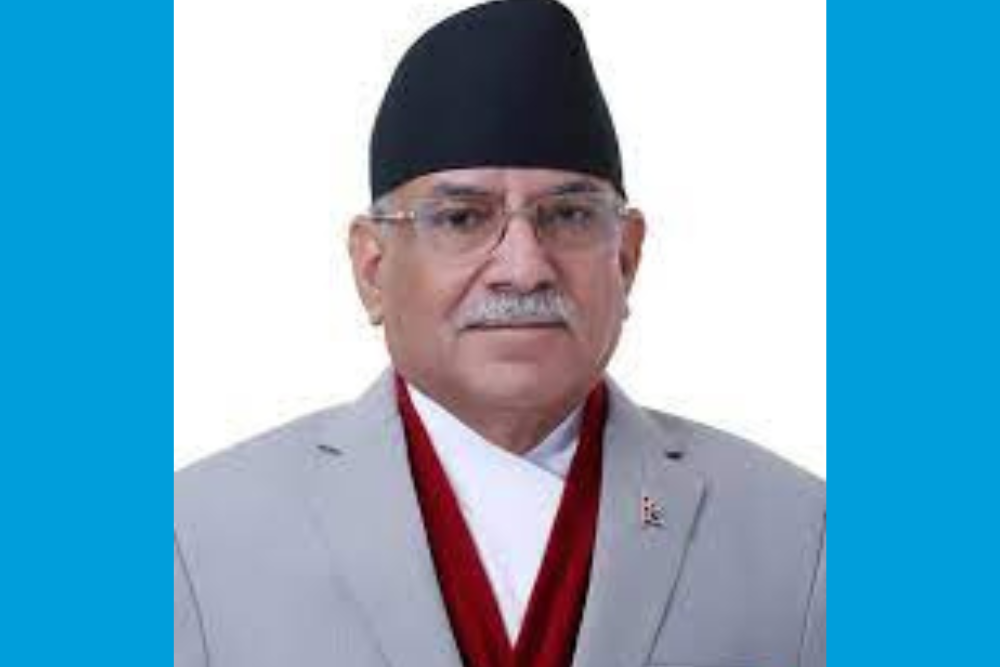
H.E. Mr. Pushpa Kamal Dahal
Prime Minister of Nepal
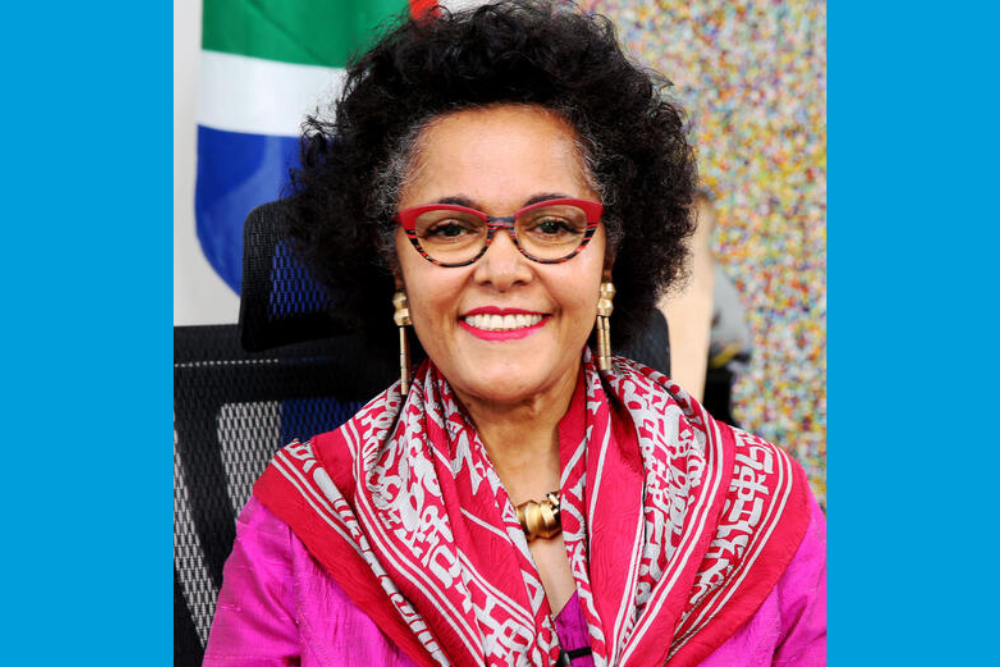
Ms. Nardos Bekele-Thomas
Chief Executive Officer, African Union Development Agency – AUDA-NEPAD

H.E. Mr. Mohammed Abdur Razzaque
Minister of Agriculture, Bangladesh

H.E. Ms. Mariam Almheiri
Minister of Climate Change and Environment, United Arab Emirates

Ms. Jennifer Moffitt
Under Secretary for Marketing and Regulatory Programs, USDA

Ms. Afsan Khan
Coordinator, Scaling Up Nutrition
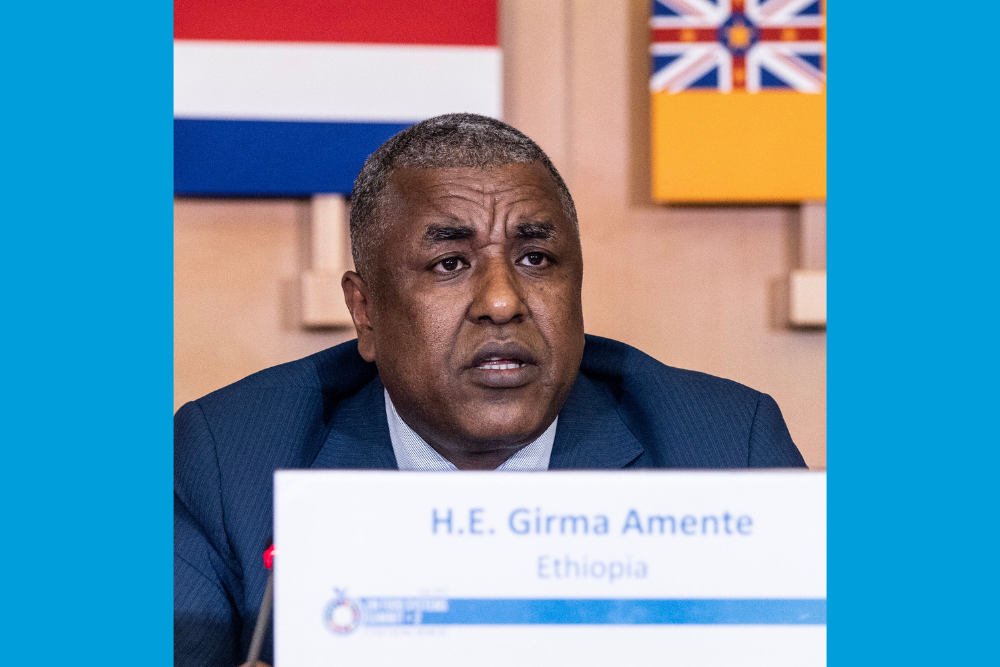
H.E. Mr. Girma Amente
Minister of Agriculture, Ethiopia
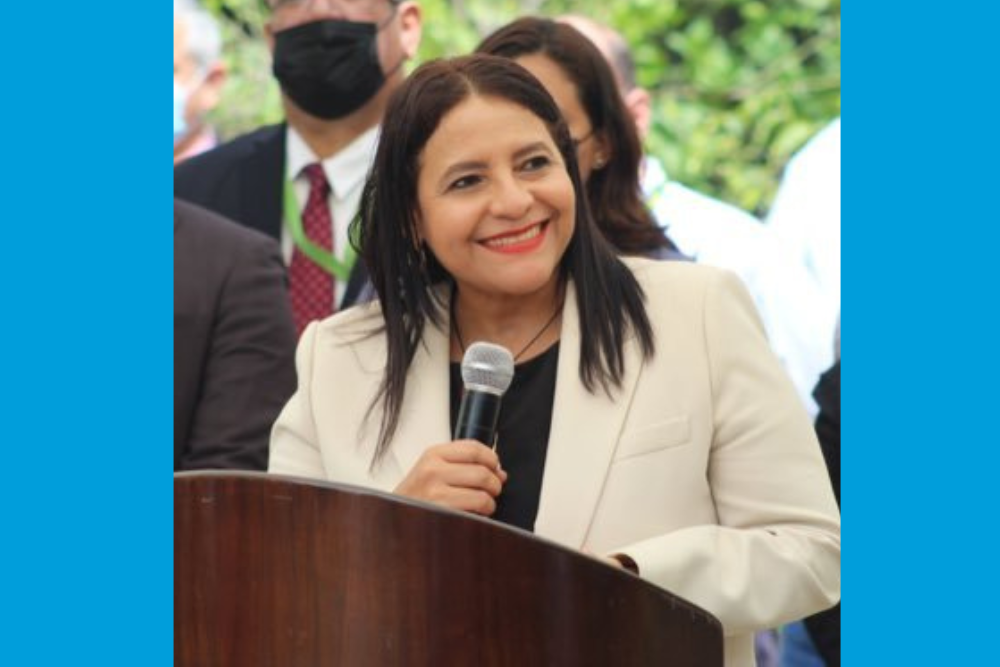
Ms. Laura Suazo
Secretary of Agriculture and Livestock in Honduras

Mr. Brendan Gleeson
Secretary General, Department of Agriculture, Food and the Marine, Ireland
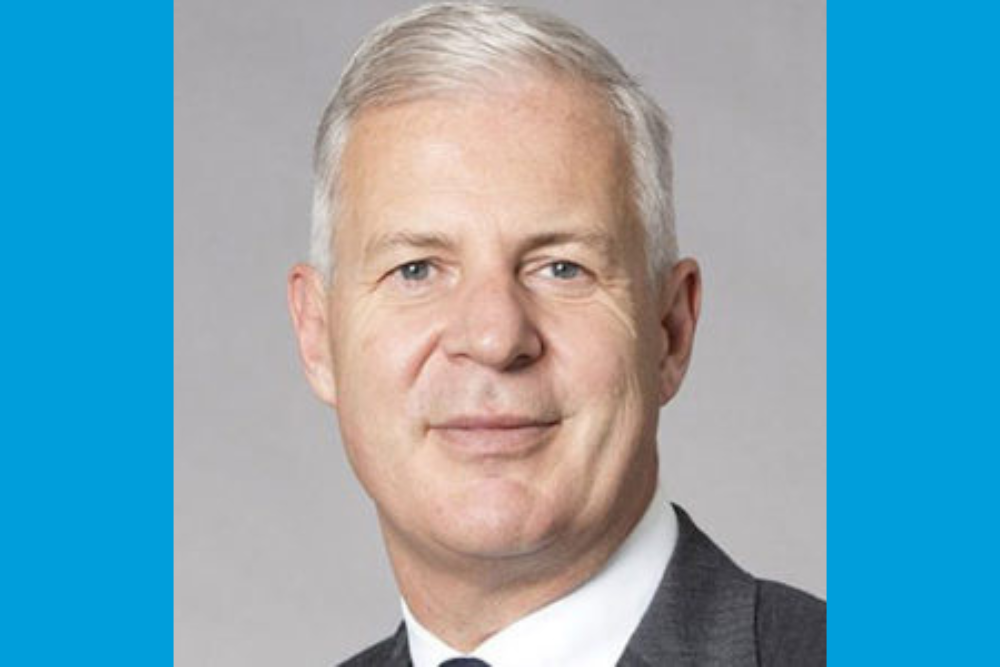
Mr. John Denton
Secretary General of the International Chamber of Commerce

Ms. Agnes Kirabo
Executive Director Food Rights Alliance in Uganda
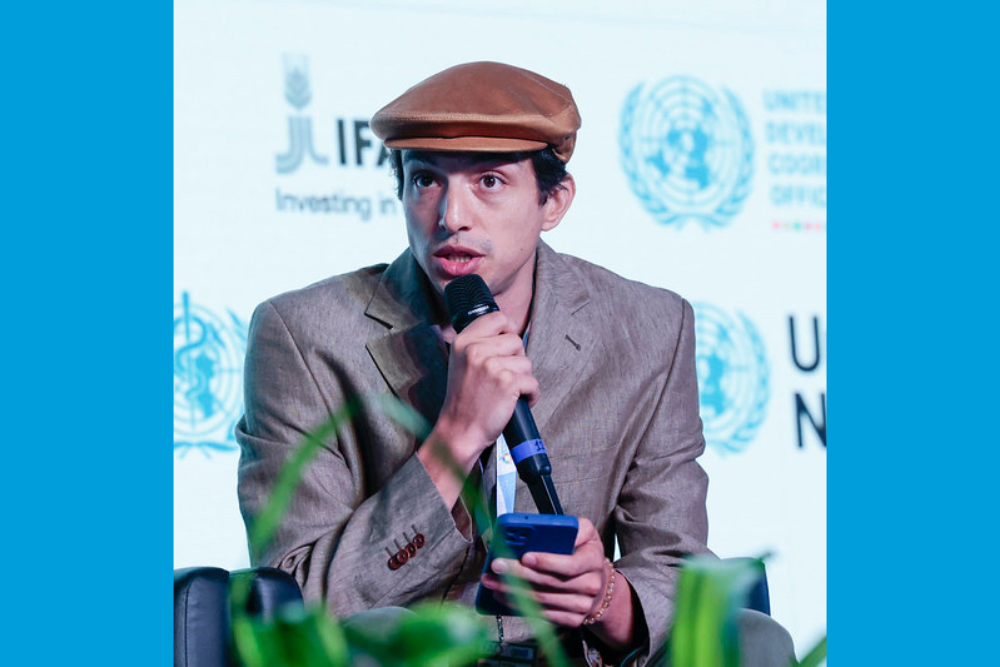
Mr. Juan David Caro Alvarez
Zootechnician specializing in livestock with an agroecological approach from Colombia
Interventions from the floor
Representatives from:
- Algeria
- Azerbaijan
- Brazil
- China
- Ecuador
- Eswatini
- European Union
- Japan
- Kazakhstan
- Kyrgyzstan
- Lebanon
- Libya
- Madagascar
- Malawi
- Mozambique
- Nepal
- Norway
- Saudi Arabia
- Sweden
- Switzerland
- Tuvalu
- Uzbekistan
- Zambia

